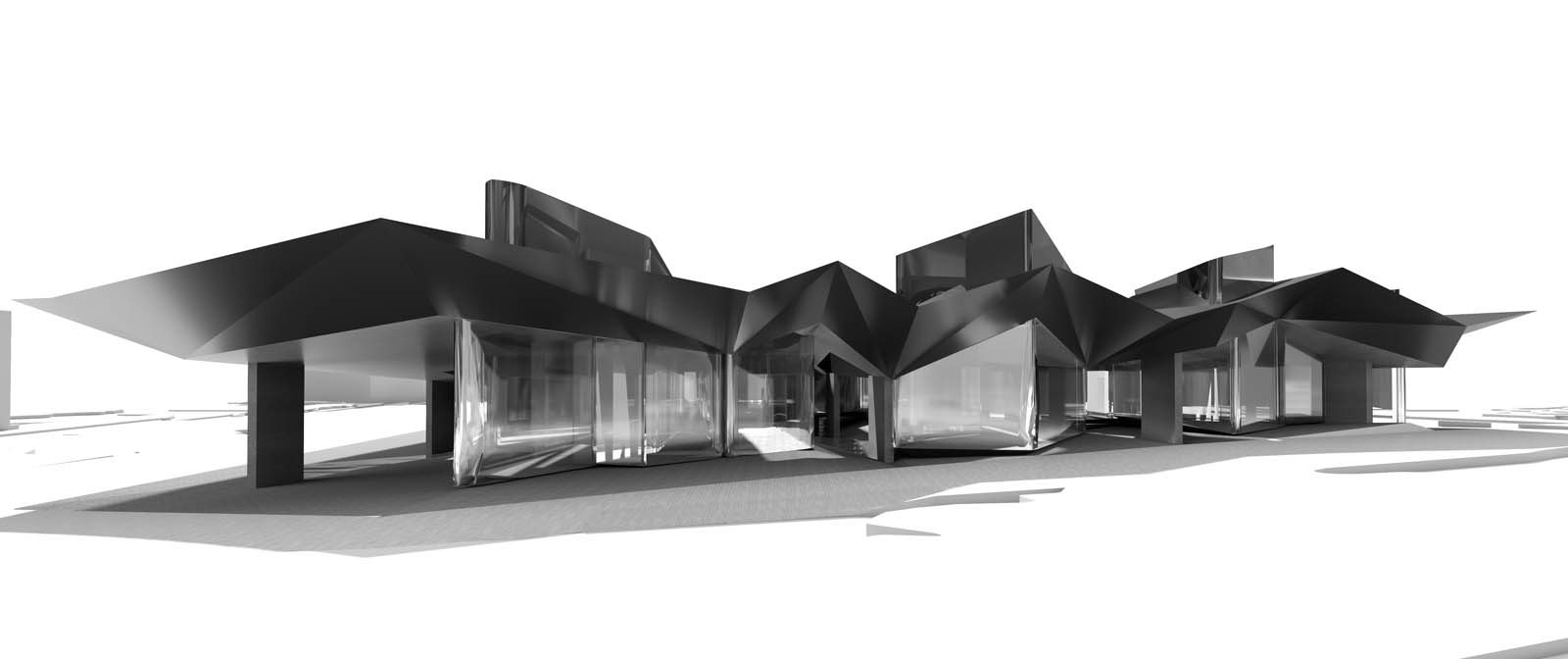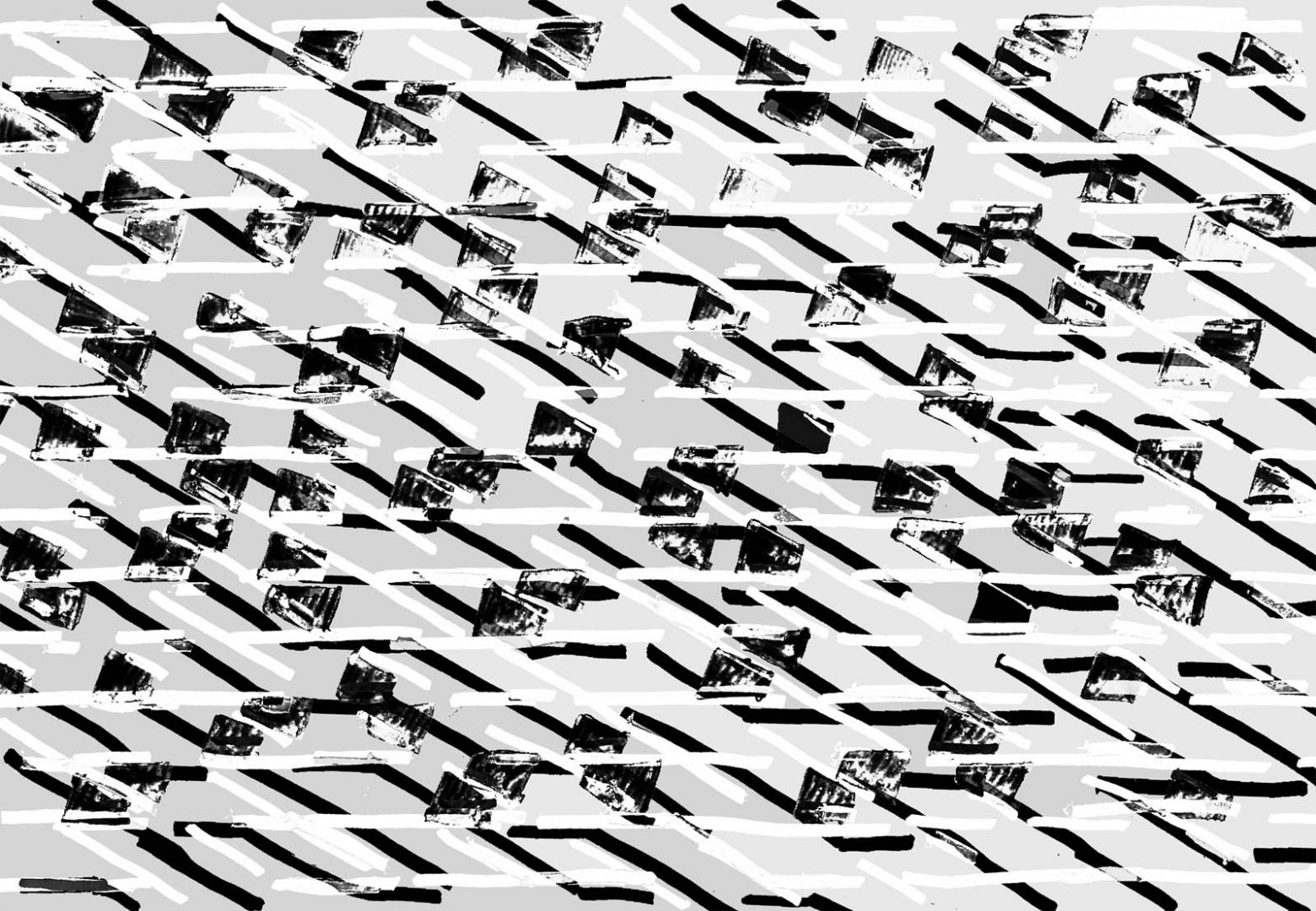ARCH_616 Degree Project
Philip Holden, Professor of Practice
“And so each venture
Is a new beginning, a raid on the inarticulate,
With shabby equipment always deteriorating
In the general mess of imprecision of feeling,
Undisciplined squads of emotion.”
—T.S. Eliot, “East Coker,” Four Quartets
In the last semester of their academic education, students have the opportunity to express their own ambitions, frame their own methods of design exploration, and develop an experiential and tectonic basis for manifesting their intentions—to create not only an advanced work of architecture, but also the emotional and intellectual space in which to work as an architect.
Students’ work in this studio is based on the product of their preceding Design Thinking degree project preparation course—an individually initiated programmatic, intentional, and situational project outline. Students develop a position on the making of architecture in the world, advance an aspiring conceptual design, and elaborate and synthesize all aspects of the project—formal, spatial, experiential, organizational, structural, environmental, and technical—and then create a clear, full, and persuasive presentation focused on telling a critical project story.
Projects include the resolution of program spaces and relationships, the development and integration of structural systems, environmental systems and sustainability strategies, building envelope systems, technical construction sections and assemblies, and life-safety systems.
A student’s ability to work independently is encouraged and tested. However, they were able to work with professional structural and environmental consultants on the technical development of their projects. Each student was expected to aspire to a high level of critical thinking, developing a project that is exploratory, projective, or unexpected in some important way in the realm of architecture beyond the exigencies of the project outline.

Rui Guo

Rui Guo

Rui Guo

Rui Guo

Rui Guo

Rui Guo

Rui Guo

Rui Guo

Liqi Yang

Liqi Yang

Liqi Yang

Liqi Yang

Liqi Yang

Liqi Yang